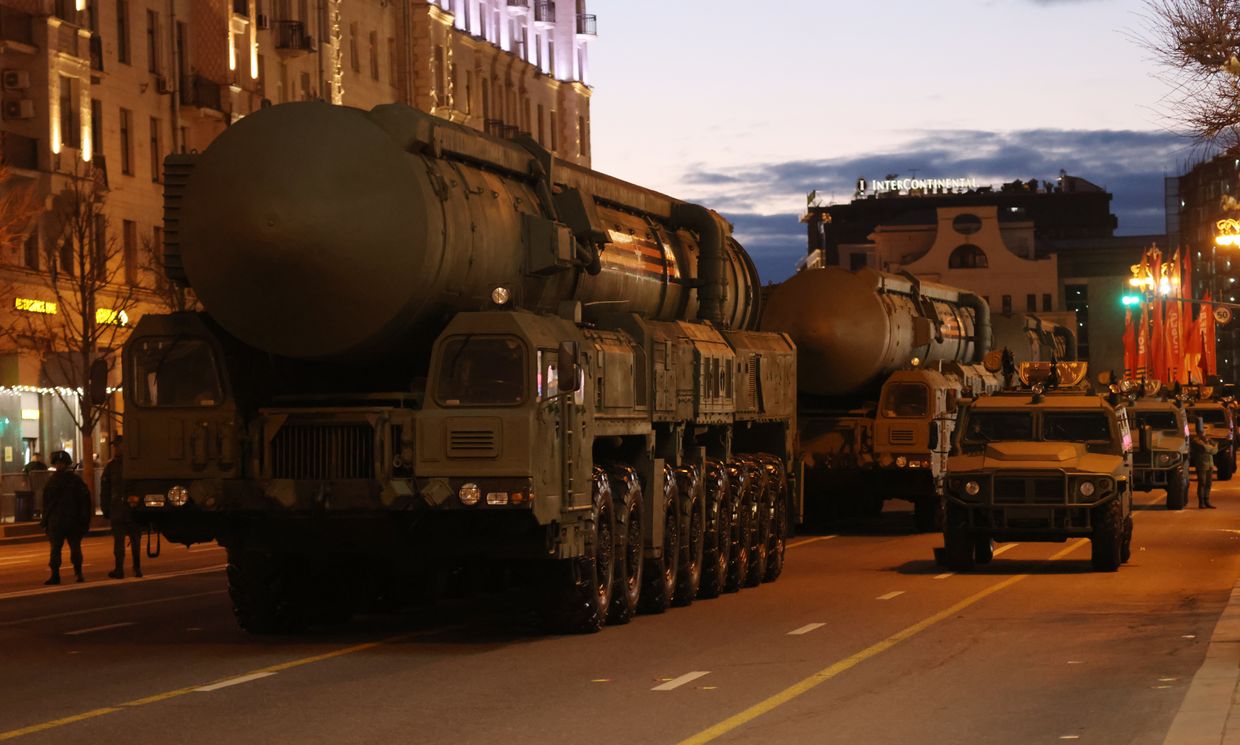IAEA to increase monitoring missions to facilities critical to nuclear safety in Ukraine.
The International Atomic Energy Agency (IAEA) will increase its monitoring missions to Ukrainian facilities critical to nuclear safety, Ukraine's state nuclear energy company Energoatom reported on Sept.
13. Ukraine relies on nuclear power for more than half of its energy production, which is increasingly in demand amid Russia's attacks on Ukraine's energy infrastructure. The country's nuclear facilities are also one of Russia's key targets amid the war.
IAEA experts visited one of Ukraine's power substations on Sept.
12 that was damaged in recent Russian attacks. For security reasons, Energoatom did not disclose the substation's location. According to the agency, the IAEA's visit was the beginning of the implementation of the agreements reached during the meeting of President Volodymyr Zelensky and Rafael Grossi, the IAEA's general director.
Following the meeting, the participants did not provide details on the new agreements. The agency's monitoring missions will be present at electrical substations critical to the safety of nuclear facilities, according to Energoatom. Energoatom said that Russia "has changed its tactics" and is attacking facilities that are extremely important for the smooth operation of Ukrainian nuclear power plants.
"The invaders pose a threat to nuclear and radiation safety, and this is real terrorism against humanity. The entire civilized world must strongly condemn these actions and demand an end to the attacks on the substations," the Energoatom's statement read. The Zaporizhzhia nuclear power plant, the largest nuclear power station in Europe, has been under Russian occupation since March 2022.
Russia's occupation of the plant has led to heightened nuclear safety risks, and Ukraine has repeatedly accused Moscow of using the plant as a launching site for drone attacks, presenting a serious security hazard. Monitoring teams from the International Atomic Energy Agency (IAEA) have been based at the facility on rotation since September 2022, but Russian authorities still deny IAEA inspectors full access to the plant.
Explaining Russia's new nuclear doctrine --saber-rattling or real threat? The Kremlin on Sept.
4 said Russia would be adjusting its nuclear weapons doctrine in response to what it described as the "challenges and threats, prompted by countries of the so-called collective West." Accusing Western nations of "rejecting dialogue," ignoring Russia's security concerns, and inc...
